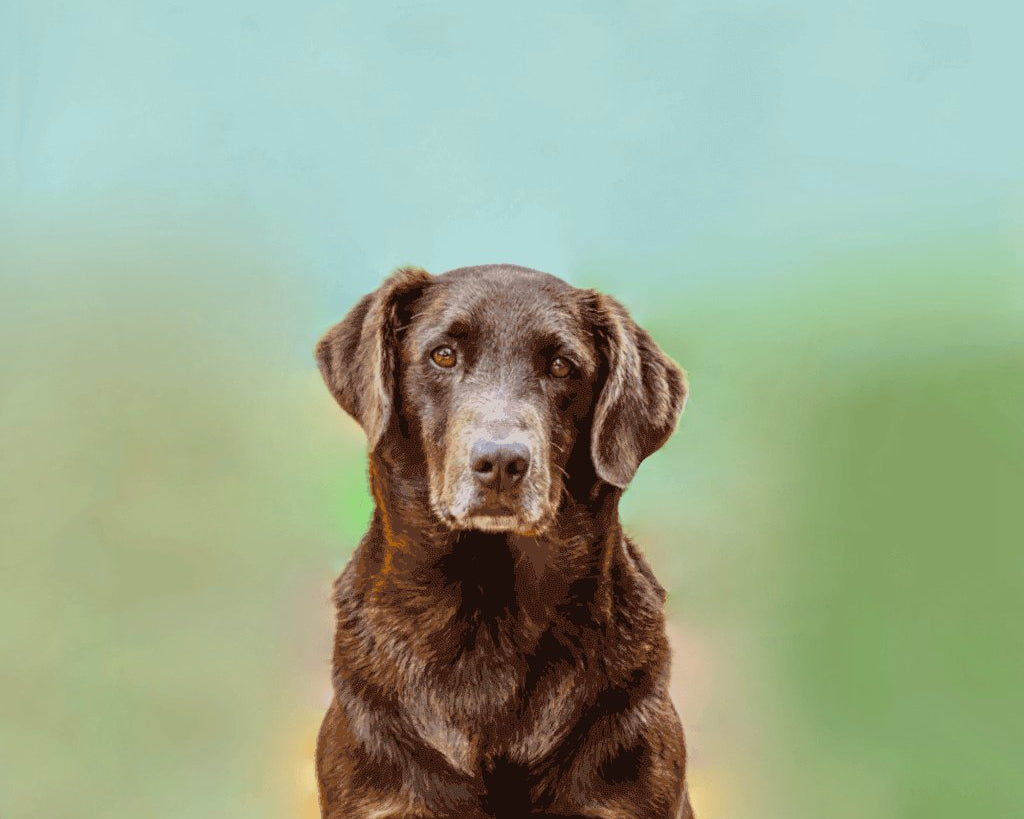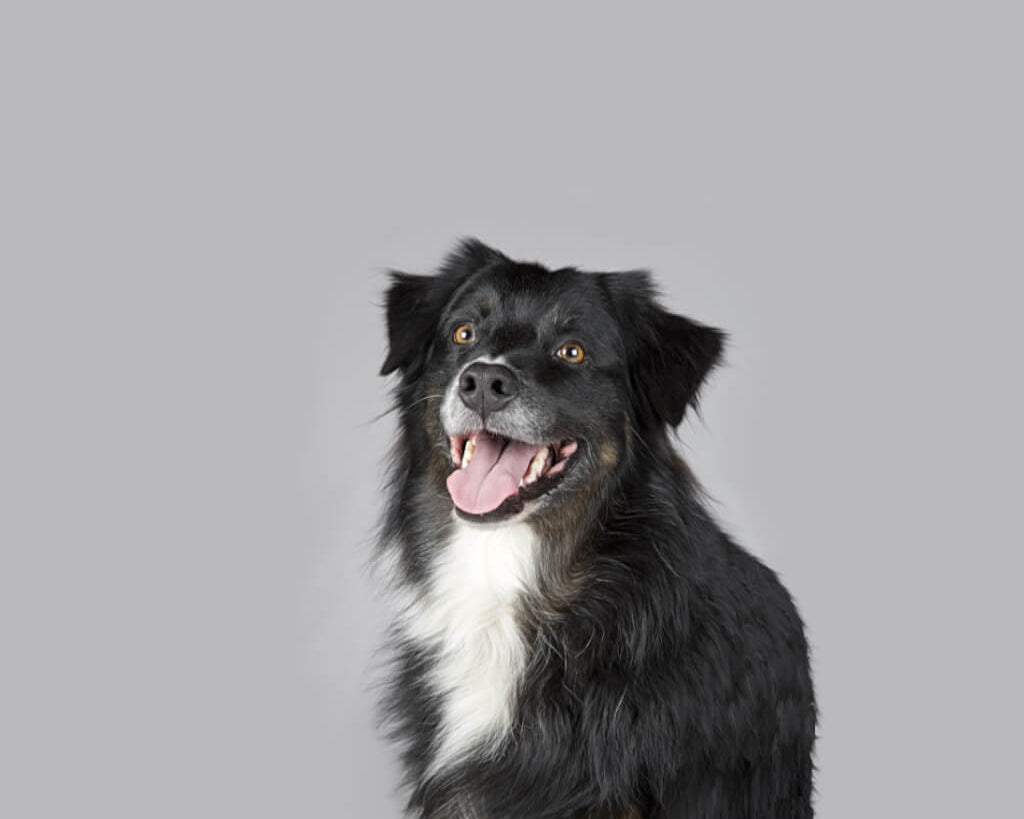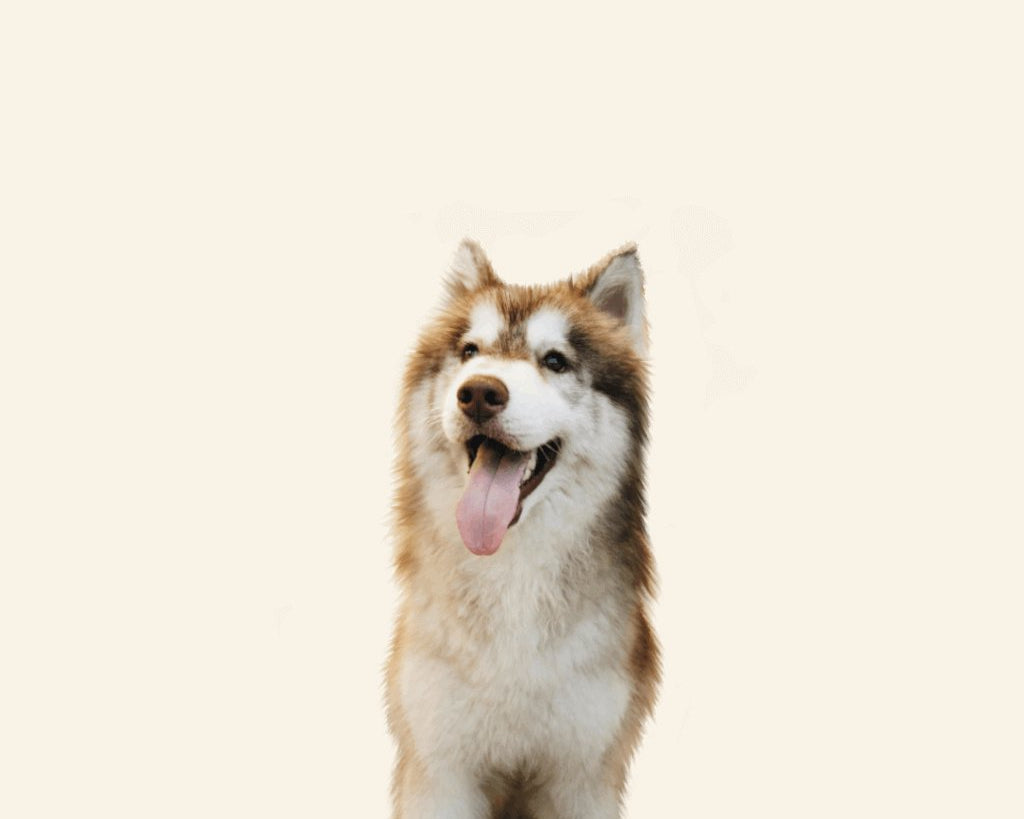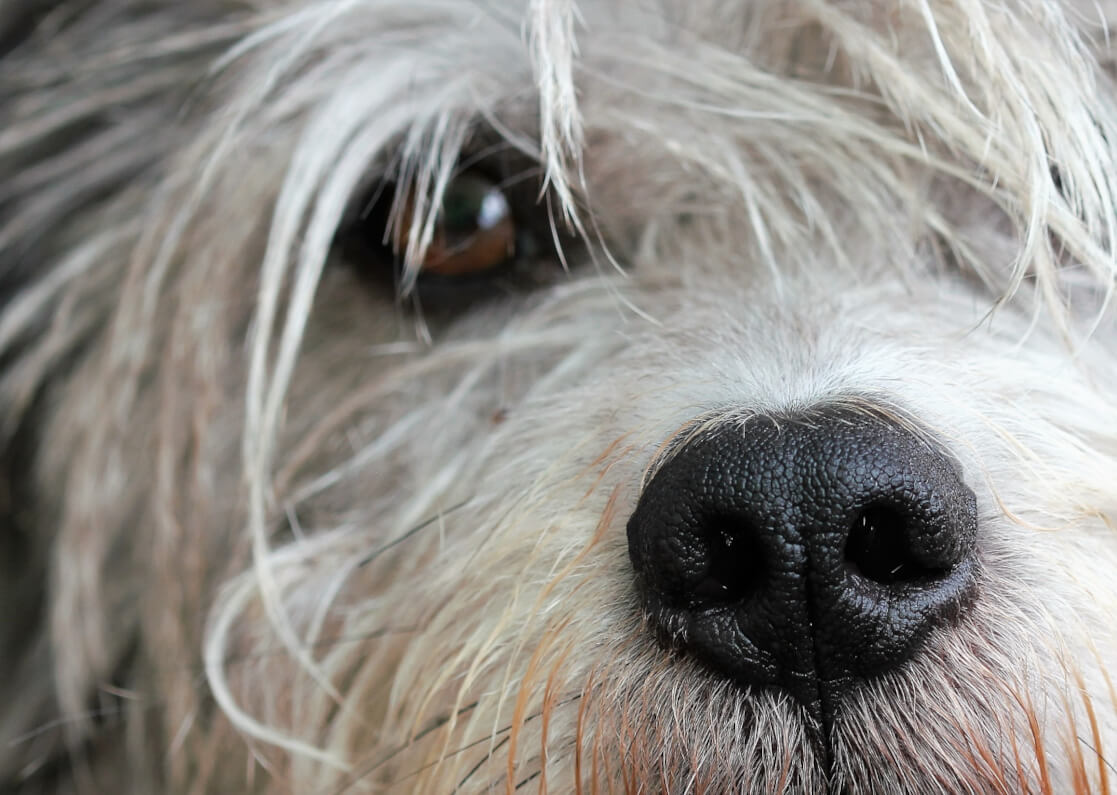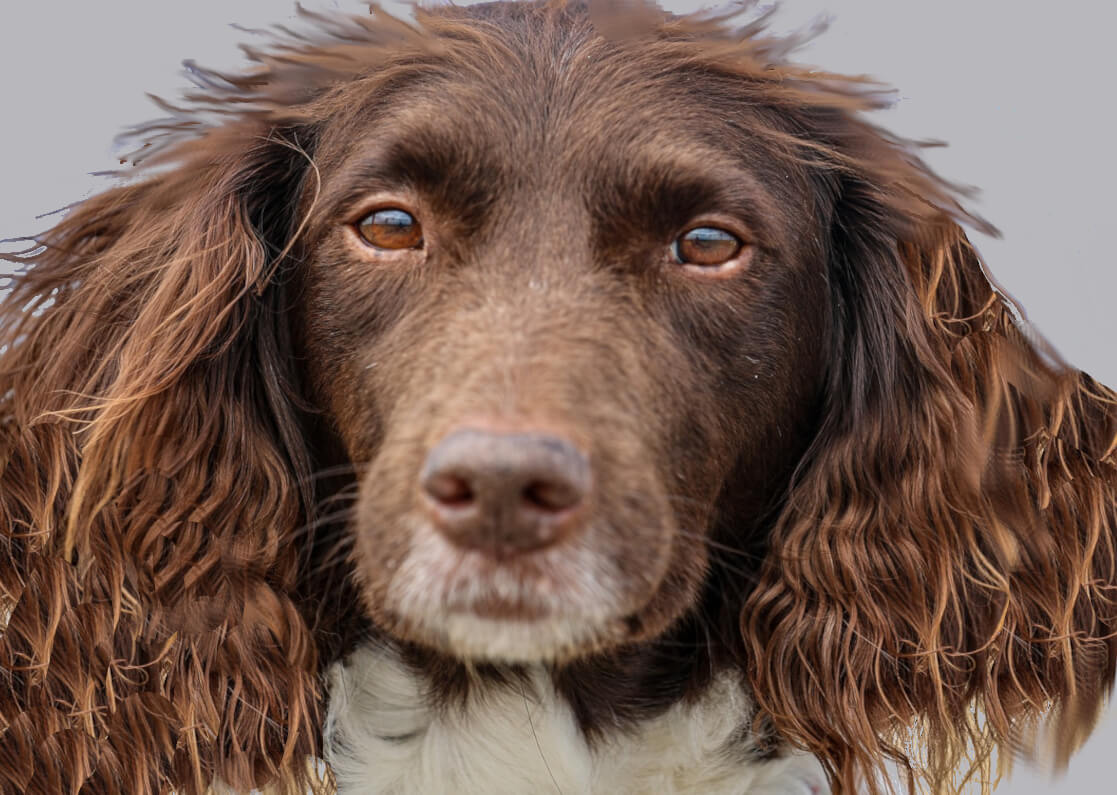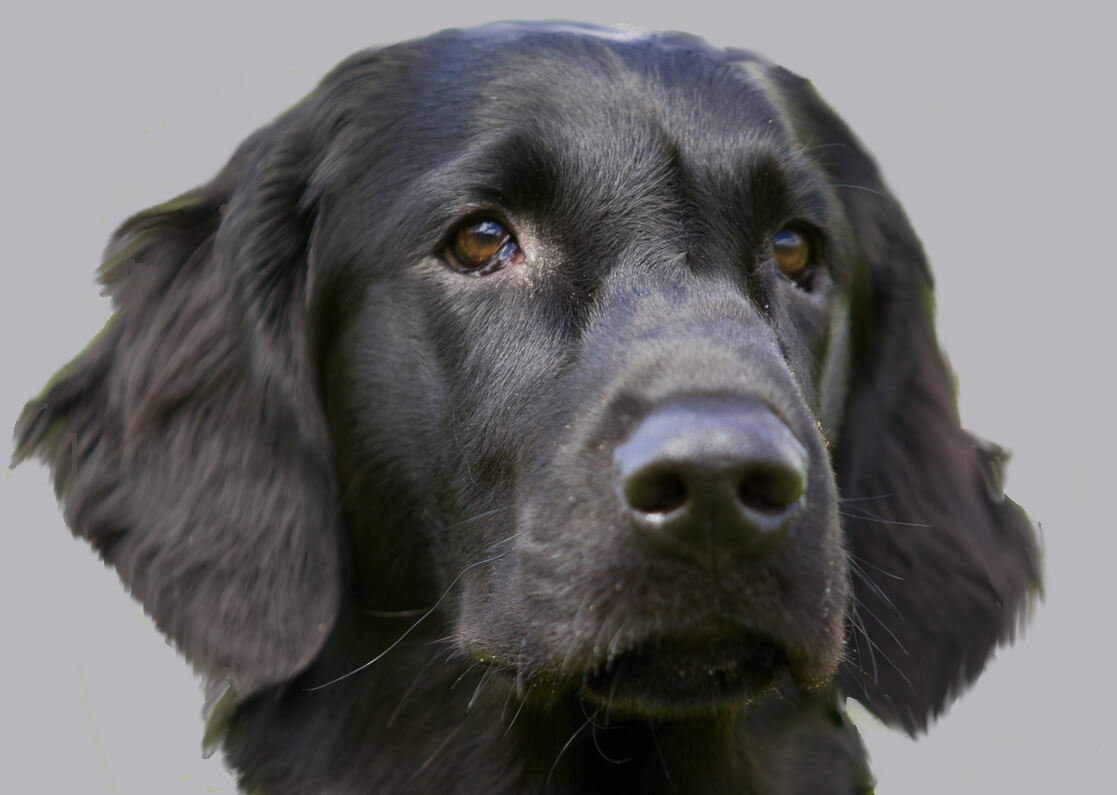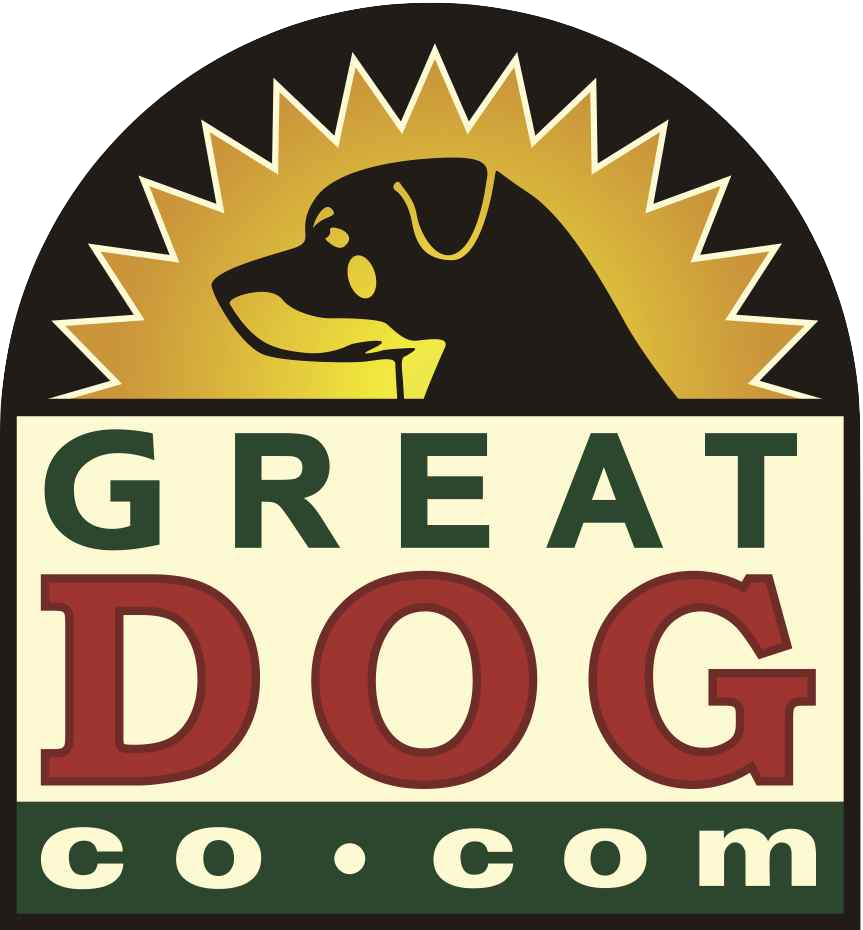Dental Care
Many people with dogs may be surprised to learn that most Vets recommend brushing your dog's teeth using an enzymatic toothpaste made specifically for dogs every one to two days. You can also use dental wipes which can be rubbed against a dog’s teeth to remove build up. Enzymatic toothpaste works by chemically dissolving deposits on teeth before they harden into tarter. Apply the toothpaste using a finger brush or a soft toothbrush. It’s best to start brushing when a dog is young to get him/her used to the practice. It only takes about 24 hours for plaque to harden and turn into tartar which can’t be brushed off. Once tarter builds up, it must be removed with an instrument by a professional.
According to the American Veterinary Dental College, the majority of dogs show signs of canine periodontal disease by about three years of age. The primary sign of early dental disease is bad breath which often goes unnoticed by their humans because many people believe most dogs have bad breath. Untreated dental disease can cause tooth loss, lead to painful abscesses and infections and increase the risk of jaw damage and heart disease. Because of the anatomy of a dog's teeth, dental extraction is much more complex and difficult than extraction of human teeth. The average cost of extraction is now well over $500 per tooth for a dog. Prevention is not only the healthiest option for dogs, it's also the most cost effective option for their humans.
Dog Chews
In addition to brushing, feeding dog chews on a regular basis also helps to ensure your dog’s teeth and gums stay healthy. Regardless of a dog’s size, dogs need and want to chew. Make sure to select dog chews that are appropriate for your dog’s size, health and age. As dogs age, they may prefer softer chews, for example, a tendon over a dog bone. Dog chews which require a lot of chewing and gnawing are the most effective at helping to keep dogs’ teeth and gums clean and healthy. It's also likely a cheaper option to feed your dog chews on a regular basis as opposed to paying for dental care at a later date. Some of the most effective all natural chews for keeping dogs' teeth and gums clean and healthy include:
Bison and Beef Tendon Chews
One of the best dog chews to help remove dental build-up are Bison and Beef Tendon Chews. When consumed dogs gnaw and chew on the tendons causing them to shred almost like a toothbrush. As the tendon shreds, it rubs against a dog’s teeth helping to remove build-up. In addition, Bison and Beef Tendon Chews last a good amount of time and dogs absolutely love them. What’s not to like?
Bison and Beef Bully Sticks
Bully Sticks or Pizzle are another great chew to help keep dogs’ teeth and gums healthy. Steer Pizzle which is thinner and more flexible is most appropriate for smaller or older dogs. Bison Pizzle or Bull Pizzle is thicker and harder and most appropriate for medium to larger-sized dogs and/or very aggressive chewers. Bully sticks, are often considered the crème de la crème of dog chews – dogs love the taste, they last a good amount of time, they require gnawing and chewing to break down, and have a great abrasive quality helping to effectively remove build-up on teeth and gums.
Bison and Beef Trachea Chews
Another great chew to help dogs keep their teeth and gums clean are Bison and Beef Trachea Chews. As with tendon chews and bully sticks, when consumed a dog needs saliva and gnawing behavior to break the trachea down. In so doing, the gnawing action helps remove build-up on dogs teeth and gums.
Bison Scaps
Bison Scaps are Bison Scapula Cartilage which are fun for dogs to eat, cracking when chewed, taste great, and last a good long time. Bison Scaps require saliva and gnawing behavior to breakdown. In so doing, the scap rubs against a dog’s teeth and gums removing build-up.
Bison and Beef Dog Bones
Lastly, an appropriately sized Bison or Beef Bone is also very effective at removing build-up on dogs’ teeth and gums. Chewing dog bones requires lots of gnawing behavior to eat all the fat tailings and nibbly bits off. While some consumers are concerned about bones splintering, responsibly sourced bones should not splinter. When a bone splinters it’s because the bone was not slow roasted at the correct temperature and/or for the appropriate amount of time. In the dog industry, the length of time dog bones are slow roasted and the temperature used is a closely held secret. Manufacturers who are expert produce dog bones that don't splinter.
Through consistent brushing and regular feeding of high quality, healthy, responsibly sourced dog chews, your dog's teeth and gums should stay clean and healthy. Just like humans, the health of a dog's mouth is a reflection of the dog's overall health state and can add years to your dog's life.
